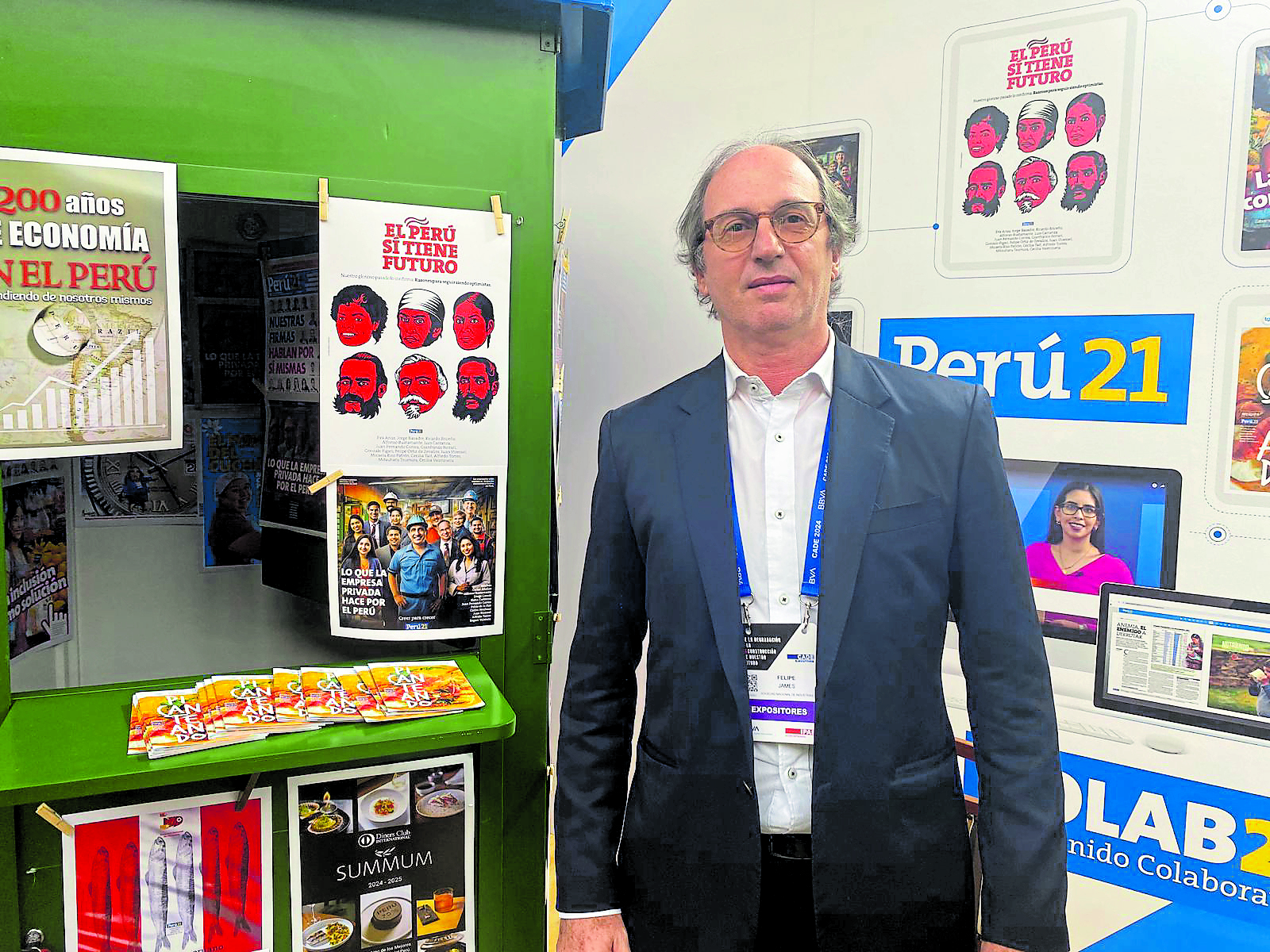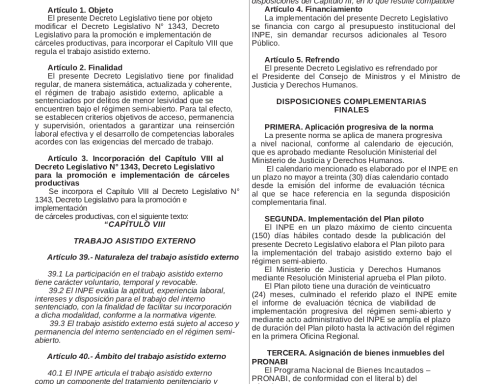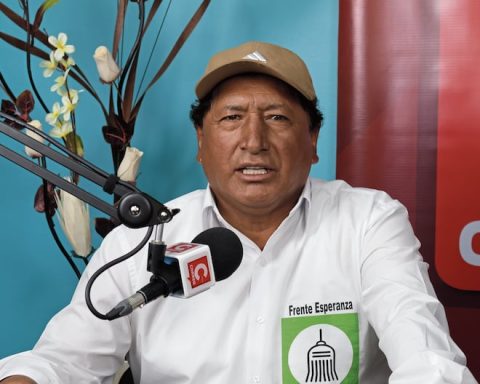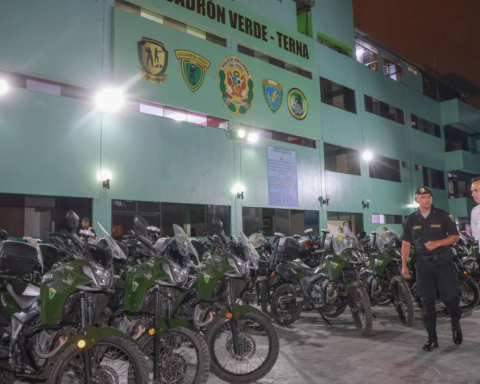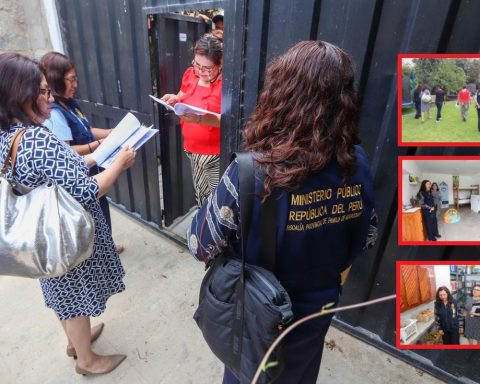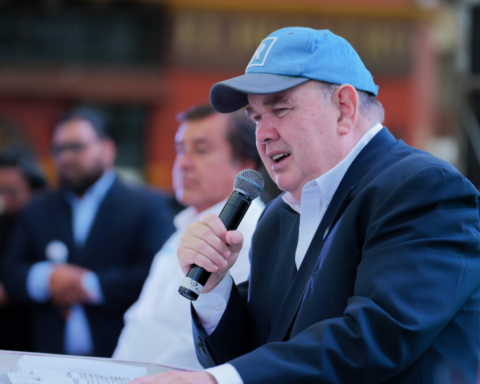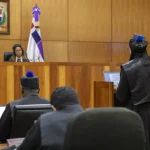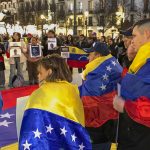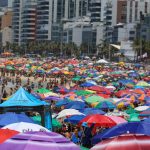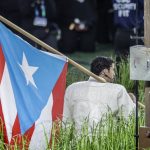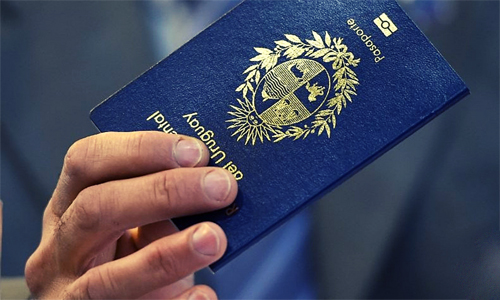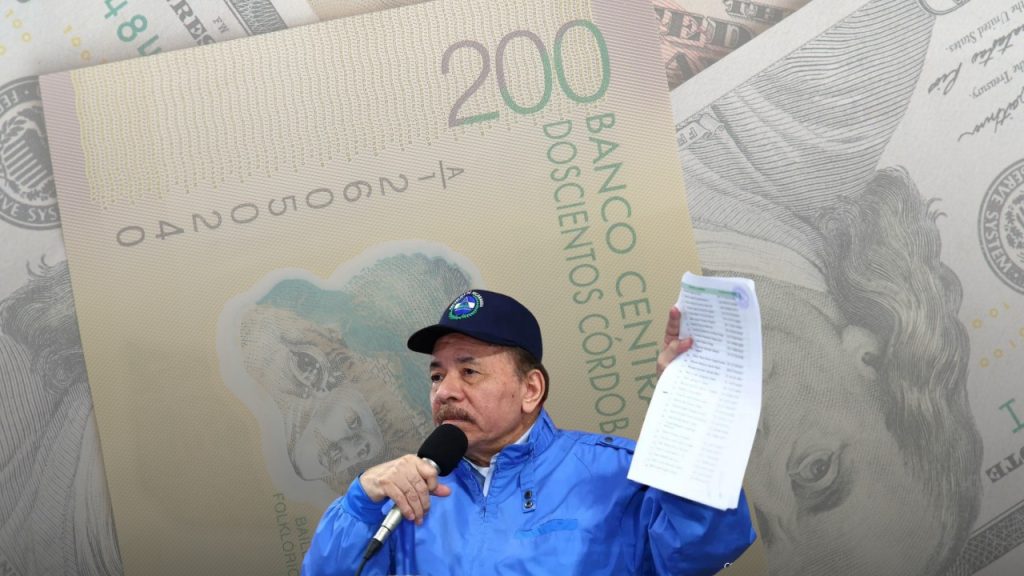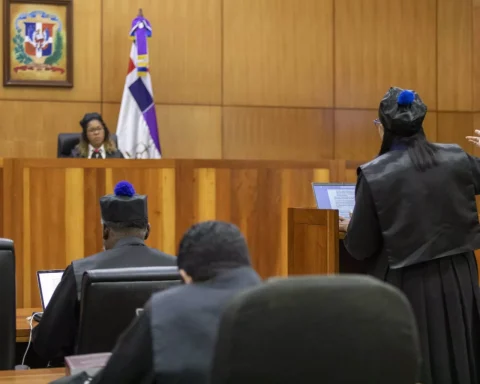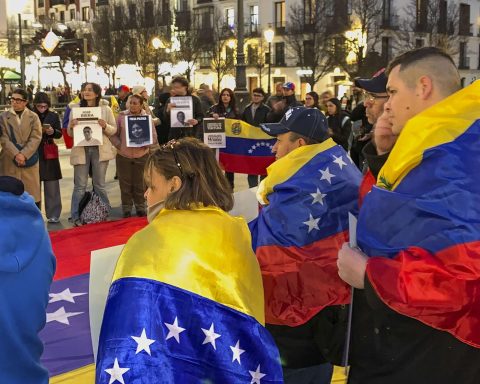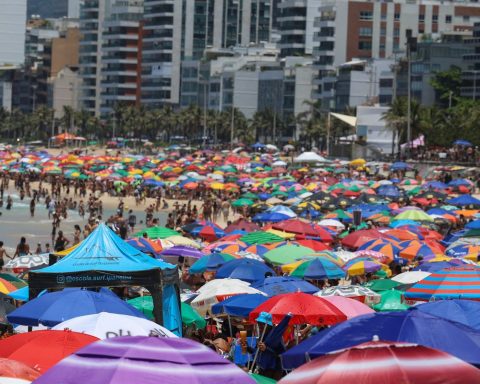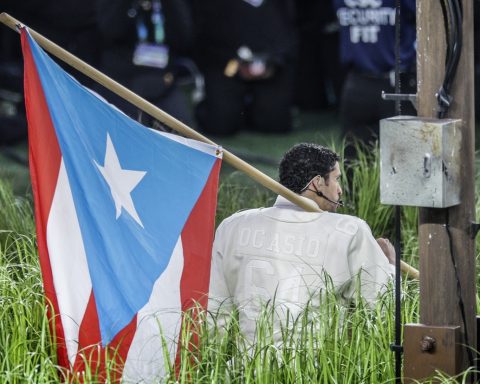In Congress the debate is still pending to have a regulatory framework for the Special Economic Zones (EEZ). For the president of the National Society of Industries (SNI), Felipe James, it is important that this be approved before the end of the year, so that the opportunities offered by the Chancay port.
What is the vision that the SNI has on the SEZs?
For us, the SEZs are an instrument to position Peru as an industrial logistics center, the most important in South America. It is important that the law be passed to attract investments from all over the world, so that companies settle in this space and produce in Peru, and through the free trade agreements we have with different countries we can export to the world. It should not be seen only as a tax issue, it is broader and long-term to position Peru. If we see it only as a tax issue it would be a serious mistake.
Although it should not be seen as a tax issue, what does the SNI propose in this matter?
We believe that you should have 0% Income Tax at the beginning, for a period of five years, and then gradually increase it until you reach 15%. Why do we propose 0%? Because we believe that investors must be attracted. Some economists say that it is not necessary to put 0%, that investments will still come, but I think that is not the case because we compete with other SEZs, such as Ecuador and Chile.
LOOK: CCL urges Congress to approve framework for Special Economic Zones
It is a proposal that has had many criticisms…
I have taken the liberty of reviewing all the comments that have come out in the last week and the truth is that there are several, some even try to classify the unions as mercantilist and we should not pay attention to them because they have no technical arguments. Former minister Carlos Oliva has given a technical argument, he has explained his position to me and says that the OECD has signed a declaration in which large multinationals must pay 15% tax. I was investigating the issue, I spoke with former ministers Mercedes Aráoz and Luis Carranza, and they told me that it is a declaration that is not being made, that it depends on the fiscal policy of each country.
Those who oppose could say that we already have free zones.
But they are different. The ones we propose are private and the ones that exist now are public. In addition, we are going to attract investments with cutting-edge technology to do it here and export. The areas that exist now are free zones where products are sold that also enter the local market and that is what we do not want. What we are looking for is that what is produced is to be sold outside the country. The main thing is to strengthen Peru with Chancay, with the new Jorge Chávez International Airport, with the repowering of Callao. Once these large investments arrive in the country, they will not leave.
The Ministry of Economy and Finance opposes applying a 0% tax…
What does the minister want to collect now if there is nothing? 15% or 30% of nothing? Furthermore, for six months in a row, the MEF has been defending a 15% income tax, but when the plenary session came to discuss the issue, Minister José Arista said that he can accept 5%, so I wonder, where? was the technical argument left? Why did you lower it to 5% from one moment to the next? Why did you say 5% and not 1% or 0%? Is it a whim? This distorts any technical element of the MEF.
And the other ministries?
I have spoken with almost all the ministers and they totally agree, except the Ministry of Economy, and I do not understand why that happens. Changes will have to be made because that can’t be that, we don’t understand what is happening.
What will happen if the regulatory framework is not approved as soon as possible?
I would have loved for this to be approved before APEC and thus arrive at that meeting with a framework already approved and showing the benefits of investing in Peru. You have to wait a little. I think it has to be approved in the next two or three weeks, no more time can pass, otherwise we will lose a golden opportunity, which Peru did not have a long time ago. Peru is currently not the main country in the South American Pacific, we have to become that.
What actions will the unions take?
We are going to go to Congress to explain to the congressmen the advantages and necessity of doing so.
Should services be included in these areas?
There are several topics that need to be discussed. These areas have to be regulated and there are many details that remain to be defined. The main thing here is to approve the law with 0% to attract investments. Former President Uribe stated that it was important for him to establish EEZs in Colombia and he believes that it is also necessary to do so in Peru.
Should it be only in the port of Chancay?
We can use a pilot plan to prevent it from going wrong. Let’s do a pilot plan in the Chancay – Callao axis and we will see how it works, and if it works well we will replicate it in another part of the country.
PLEASE NOTE
-The initial opinion Congress proposed an Income Tax for special economic zones of 15%, later they changed it to 0% for five years, until reaching 15% after 20 years.
-The proposal indicates that the private operator of the SEZ must employ qualified workers and “an adequate number who carry out their work subject to the ordinary work day.”
-In addition, it suggests that You must commit to making a minimum investment of S/7 million or its equivalent in foreign currency.
Now available in Yape! Find us at YAPE Promos.
RECOMMENDED VIDEO
